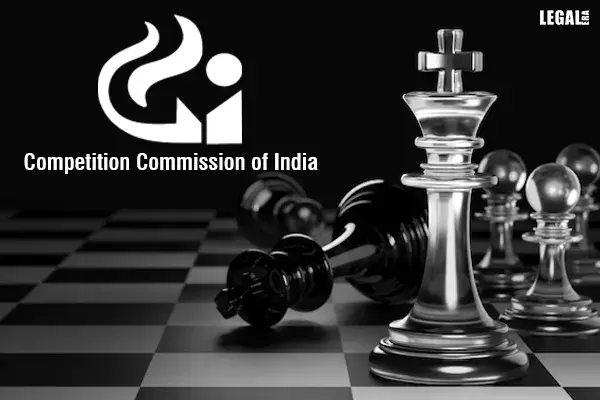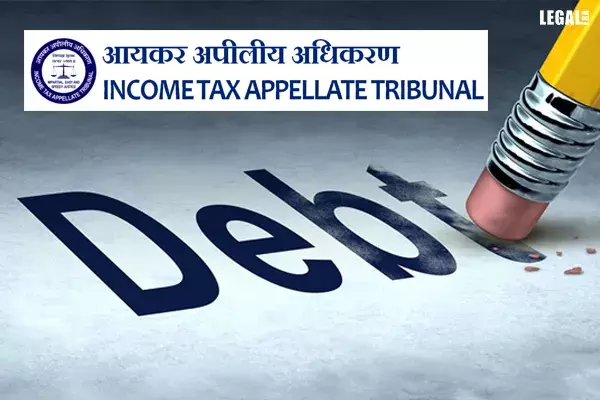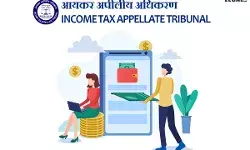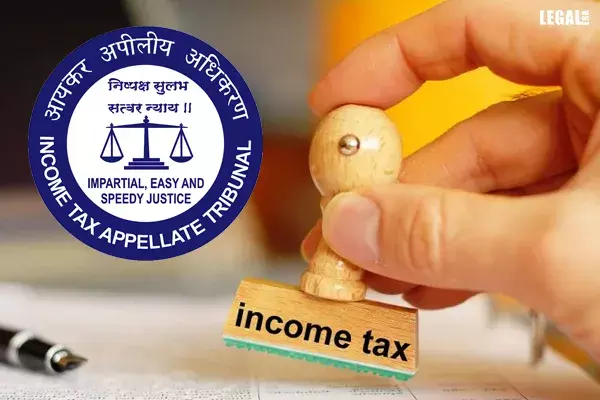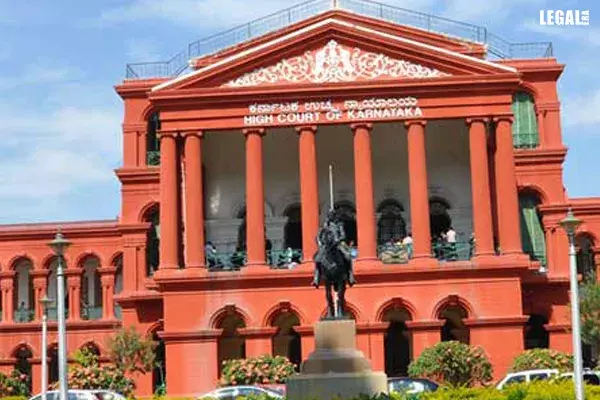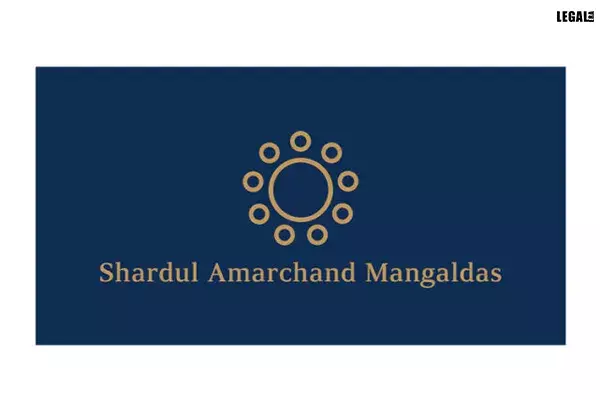- Home
- News
- Articles+
- ABOUT THE LAW
- AWARDS & ACCOLADES
- Aerospace
- Agriculture
- Alternate Dispute Resolution
- Banking and Finance
- Bankruptcy
- Book Review
- Bribery & Corruption
- Commercial Litigation
- Competition Law
- Conference Reports
- Consumer Products
- Contract
- Corporate Governance
- Corporate Law
- Covid-19
- Cryptocurrency
- Cybersecurity
- Data Protection
- Defence
- Digital Economy
- E-commerce
- Employment Law
- Energy and Natural Resources
- Entertainment and Sports Law
- Environmental Law
- FDI
- Food and Beverage
- Health Care
- IBC Diaries
- Insurance Law
- Intellectual Property
- International Law
- Labour Laws
- Litigation
- Litigation Funding
- Manufacturing
- Mergers & Acquisitions
- NFTs
- Privacy
- Private Equity
- Project Finance
- Real Estate
- Risk and Compliance
- Technology Media and Telecom
- Tributes
- Zoom In
- Take On Board
- In Focus
- Law & Policy and Regulation
- IP & Tech Era
- Viewpoint
- Arbitration & Mediation
- Tax
- Student Corner
- ESG
- Gaming
- Inclusion & Diversity
- Law Firms
- In-House
- Rankings
- E-Magazine
- Legal Era TV
- Events
- News
- Articles
- ABOUT THE LAW
- AWARDS & ACCOLADES
- Aerospace
- Agriculture
- Alternate Dispute Resolution
- Banking and Finance
- Bankruptcy
- Book Review
- Bribery & Corruption
- Commercial Litigation
- Competition Law
- Conference Reports
- Consumer Products
- Contract
- Corporate Governance
- Corporate Law
- Covid-19
- Cryptocurrency
- Cybersecurity
- Data Protection
- Defence
- Digital Economy
- E-commerce
- Employment Law
- Energy and Natural Resources
- Entertainment and Sports Law
- Environmental Law
- FDI
- Food and Beverage
- Health Care
- IBC Diaries
- Insurance Law
- Intellectual Property
- International Law
- Labour Laws
- Litigation
- Litigation Funding
- Manufacturing
- Mergers & Acquisitions
- NFTs
- Privacy
- Private Equity
- Project Finance
- Real Estate
- Risk and Compliance
- Technology Media and Telecom
- Tributes
- Zoom In
- Take On Board
- In Focus
- Law & Policy and Regulation
- IP & Tech Era
- Viewpoint
- Arbitration & Mediation
- Tax
- Student Corner
- ESG
- Gaming
- Inclusion & Diversity
- Law Firms
- In-House
- Rankings
- E-Magazine
- Legal Era TV
- Events
ITAT rules that unexplained cash will sustain if authenticity is not proven
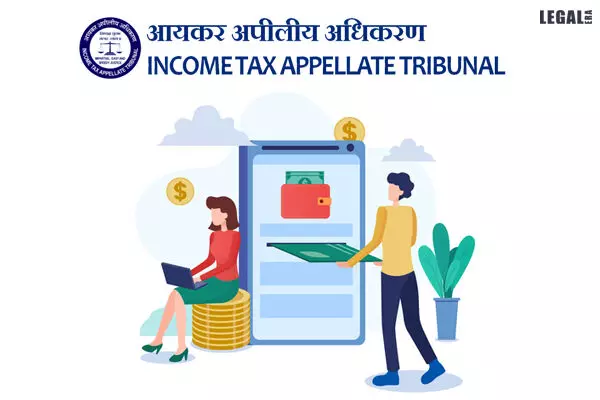
ITAT rules that unexplained cash will sustain if authenticity is not proven
The assessee failed to establish the credentials
The Ahmedabad Bench of the Income Tax Appellate Tribunal (ITAT) has held that the addition of unexplained cash will sustain when the genuineness of the transaction was not proven.
The assessee, Softtouch Cosmetic (Mktg) Pvt. Ltd filed an Income Tax Return (ITR) in October 2005 declaring the total income as 'Nil'.
The assessing officer (AO) noted that the assessee had received a loan of Rs.1,78,66,925 from S. M. Traders, the proprietary firm of Hareshbhai R. Parmar.
The assessee furnished a permanent account number (PAN) and bank statement to prove the identity, genuineness, and creditworthiness of the transaction.
The AO treated the amount as the assessee's account fund claiming the genuineness of the transaction and creditworthiness of the party were not established. He added it to the total income of the assessee under the Income Tax Act. On appeal, the Commissioner of Income Tax (Appeals) confirmed the additions.
The assessee contended that the company had gone into liquidation, and he was appearing on behalf of the official liquidator. He submitted that the matter should be decided on the merits of the case.
The tribunal observed that although the assessee was able to establish the identity of the creditor/lender, he failed to establish either the genuineness of the transaction or his creditworthiness.
The Coram of Siddhartha Nautiyal (judicial member) and P.M. Jagtap (vice president) dismissed the assessees' appeal and upheld the order of CIT(A) in confirming the action of AO of making an addition of the amount as unexplained cash credit. This was because the assessee was not able to discharge the onus cast upon him under the Act.

